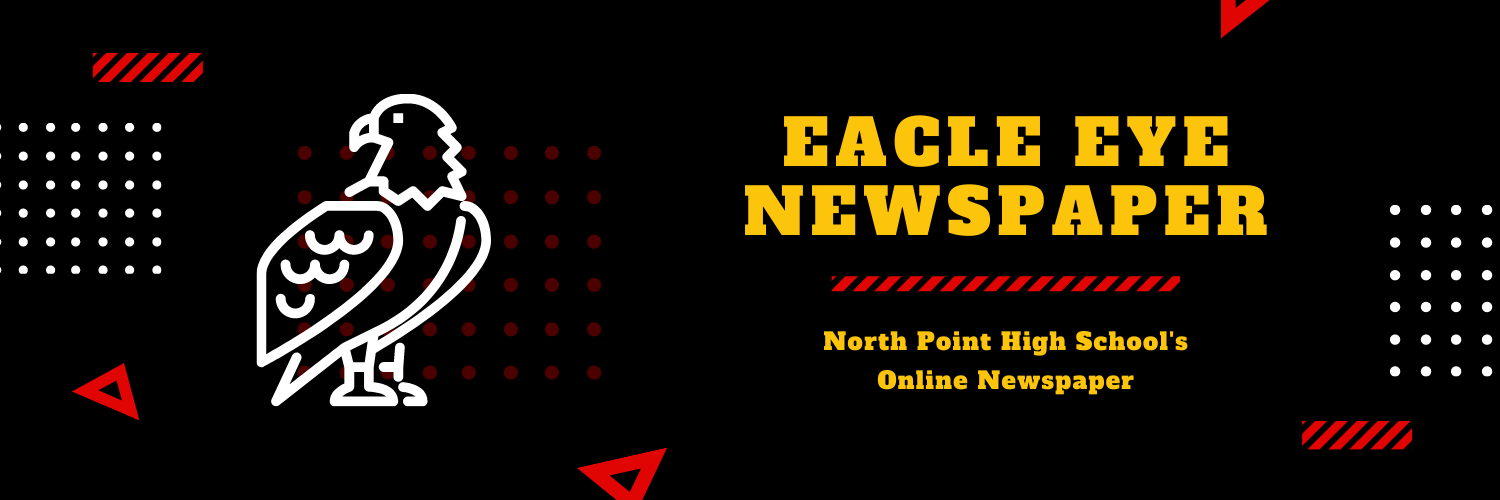Medias Influence on Adolescence

It’s no secret that Media influences the people around us. Whether it is T.V., social media, or news, today’s adolescence is being slowly conditioned by all forms of Media.
This isn’t all a bad thing, however. Social media has helped children develop awareness and empathy by offering diverse content that helps encapsulate the hardships and difficulties people from all cultural societies are facing. Social media can also help improve social skills in children. Even though socialization on social media differs from face-to-face interaction in real-life, social skills can be developed on social platforms since most platforms encourage people to connect with people all around the world. Some studies also show that social media can positively impact friendships. People develop a close relationship with their friends and family and sometimes people they don’t even know.
However, with all the positives, there are just as many negatives. Social Media has proven to feed into our false sense of self. Social media encourages us to present online which can feed the unhealthy aspects of our ego and super-ego. Psychoanalyst Donald Winnicott was the first who defined the notion of false self. He believes that as children we develop and begin to realize which feelings are okay and which are not, like anger, rage, anxiety, and unhappiness. If the adults around them teach them to hide those feelings away, they can then develop a false self, which is a face they present to the outside world, which hides and protects their true self. With all of this in mind, it’s easy to recognize how the media feeds into this unhealthy idea that there is a certain way you act online, and a certain way you act in real life. There is also a large rise in social media challenges like ‘Devious Licks’ that promote harmful behaviors. The ‘Devious Licks’ trend started in September where children would steal things like hand sanitizer, microscopes, and computers from their schools. They would then go on TIk Tok and flaunt the stolen item in hopes of getting views. The trend has caused many schools to shut down and some have even gone back to virtual learning. The purpose of Devious Licks is for the child to gain a sense of confidence from the act of doing something they know is wrong.
With false sense of self feeding into adolescent’s ego causing extreme cases of shame and depression and the constant promotion of harmful behaviors, we often wonder why children simply don’t just get rid of these social media apps like Twitter or Instagram that popularize unhealthy ideas and beliefs. Most adolescents understand that their behaviors are wrong, but often have a hard time abandoning them. This is because today, social media is super involved in our culture. When Instagram, What’s-app, and Facebook all shut down on October 4th, Mark Zuckerberg lost around 5.7 billion dollars. Even with the pandering of unhealthy beauty standards on Instagram and the extreme amount of false information on Facebook, people continue to use them, and they continue to make money, proving that they obviously not only impact us, but impact the world and people around us. People can’t just delete social media apps or distance themselves from them without abandoning a large part of the culture and relationships around them.
While getting rid of social media is extremely hard for some people, it has amazing effects, even if it’s only done for a few days. Distancing yourself can help rebuild a sense of real self-worth, it forces you to be more open minded and develop stronger opinions, and studies by researchers Hugues Sampasa-kanyinga and Rosamund F Lewis have shown that the use of social media results in poor psychological and cognitive functioning meaning that distancing yourself from social media can help you develop more. Its not only researchers that praise the detachment from social media, there are a large amount of Influencers who have taken large breaks from social media to focus on mental health and there are many articles by regular people who talk about their experiences with social media and why taking a step back from it helped them.


